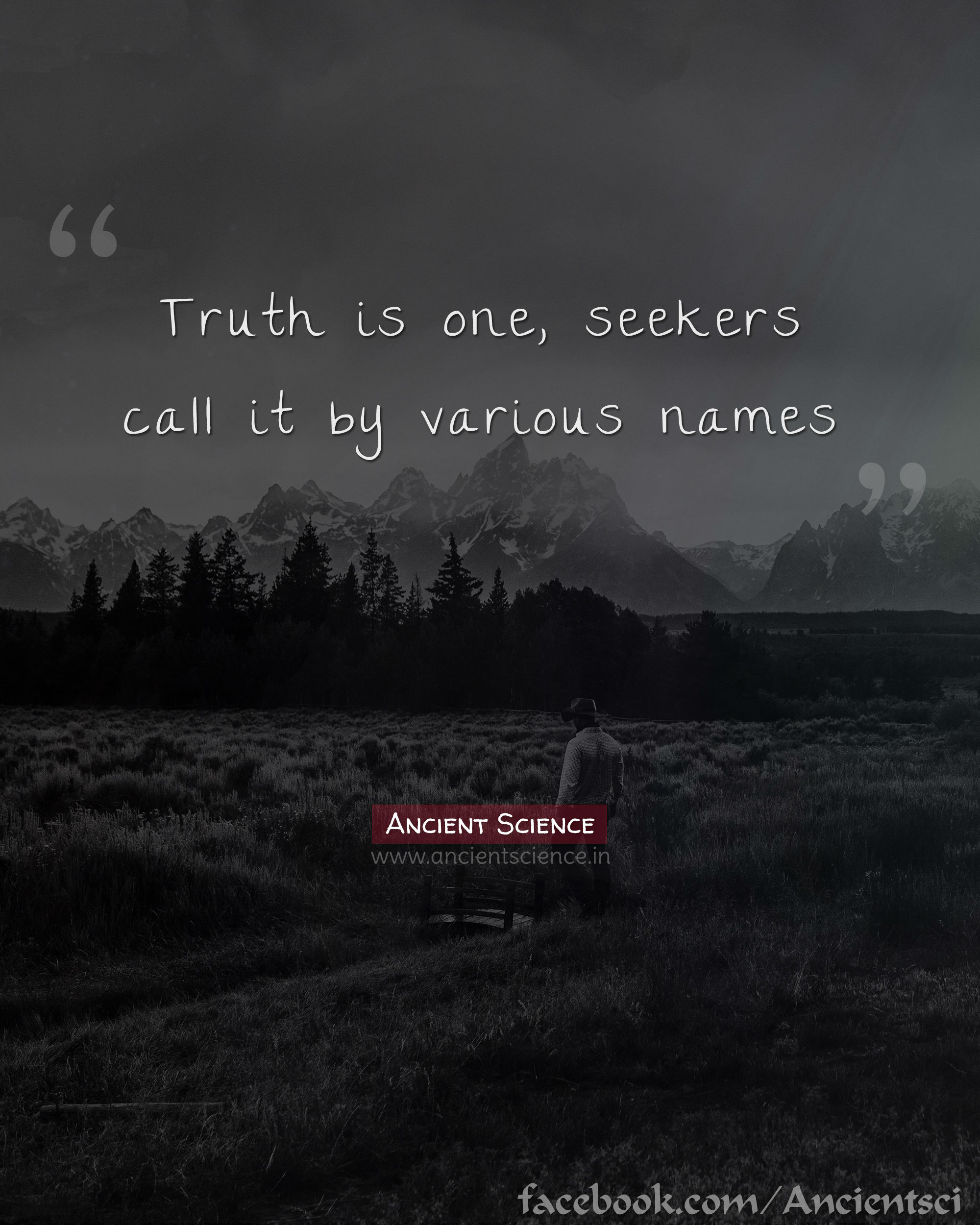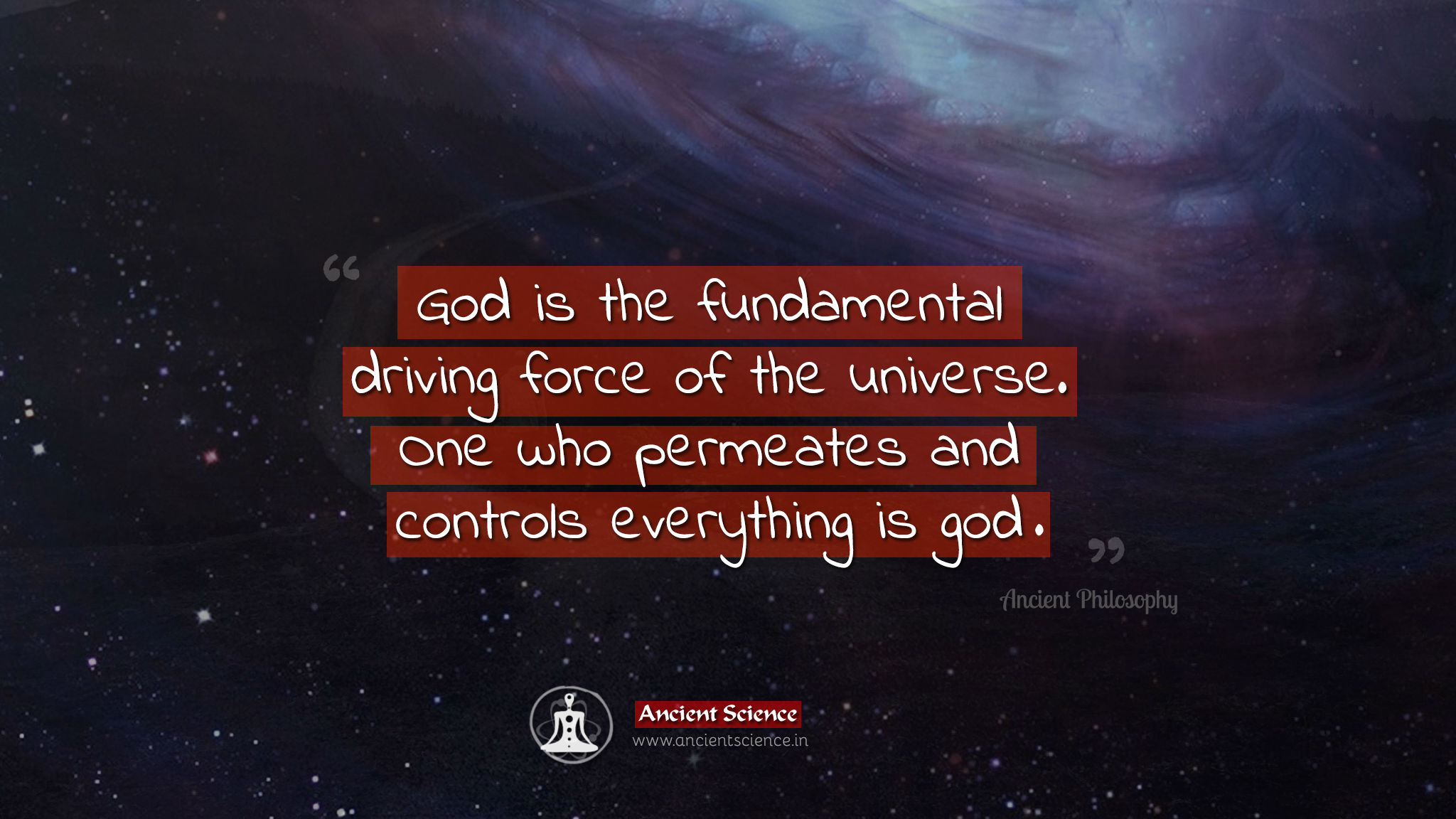God is the fundamental driving force of the universe.
Those who do not believe in God then they do not have the answer to this mysterious question, who created the universe? A person who does not believe in God cannot know the Creator of the universe. And those who believe know that, God is the creator of the universe, and Being the creator of the universe, God’s existence is revealed. The correct and best definition of God is given below.
Definition of god.
God is the fundamental driving force of the universe. One who permeates and controls everything, is god.
1. God is the Spirit.
(brahman)
Brahman is the one of the aspect of god according to the ancient philosophy. God is brahman. Brahman is the one who is the biggest.
2. God is the supreme spirit.
(Parabrahman)
Parabrahman is the one who is the supreme spirit.
3. God is infinity.
(Ananta)
The source of everything is infinity. Infinity is the primary principle of life. The basic attributes of infinity are existence, consciousness, and bliss.
4. God is the dissolver of the universe
(Shiva)
According to the ancient philosophy God is shiva i.e. God is the dissolver of the universe.
5. God is the Supreme Soul.
(Paramatman)
6. God is the controller of the universe.
(Ishvara)
Existence of God.
There exist two categories of people in the entire world, one who believes in God and one who does not believe in God. Atheists are those people who do not believe in God, why don’t they believe? Their concept is that God is not visible, therefore god does not exist. Still the question before them is who created the universe? Taking this question as the basis, theists who believe in God believe that there is only one power that created the universe, that is God.
Is there God in the universe?
The creator is necessary for the creation of the universe. So it is not possible to have a universe without a creator.
Is the creator of the universe is God? so definitely the answer to this is yes.
The universe exists, therefore believing in its creator is also an imperative
Is god infinite?
The universe is so vast that even scientists have placed it in the category of infinity. When the universe is infinite then its creator will also be infinite, because the limited cannot create and expand the unlimited.
Why is there God?
There is some entity that created the universe, no creation is possible without a creator. No one, be it a believer or an atheist, can deny this question. The existence of the universe is the first and foremost proof of the existence of God.
What is the god? God is the creator of the universe, this is the basic definition of god.
One god or many?
Whatever God you believe in, it is a matter of faith. But we have to accept that there is only one God who is the creator of the universe, not two. Why aren’t there two Gods?
God is one, seekers call it by various names. – vedas
God is a supreme being.
Ancient Science believes in monotheism, there is only one god in the universe. According to the belief of ancient philosophy, God is conceived of as the supreme being and the creator of the universe.
What is God like? What does God look like?
Is God a person like a human? God is not any human-like person in the sky. According to ancient philosophy, God is the supreme being and is omnipresent, which means he is everywhere.
What ancient philosophy believes about God?
1. God is the principal object of faith.
2. In ancient Vedic philosophy, God is usually conceived of as being omnipresent, omnipotent, omniscient, and omnibenevolent.
3. God is eternal and infinite. According to the belief of ancient philosophy, God is having an eternal and necessary existence.
No creator of the universe?
If we ask you who is the creator of the universe? What will be your answer?
If you are a believer, you will say that God has created
God is the reality of the universe
God is the creator of the universe
One who created the universe is god.
What exactly is the god?
God is the Driving force of the universe. In other words, God is the fundamental driving force of the universe. So god is the One who permeates and controls everything (whatever is in the universe or everything that exists) is god.
There are many definitions of god because god is infinite, omnipresent, omnipotent, so god is having an infinite number of characteristics.
There are infinite names and characteristics of god,
Some of the primal characteristics of god are –
God is infinite
God is the creator
God is the sustainer
God is the Principal of life and so on.
The source of everything –

